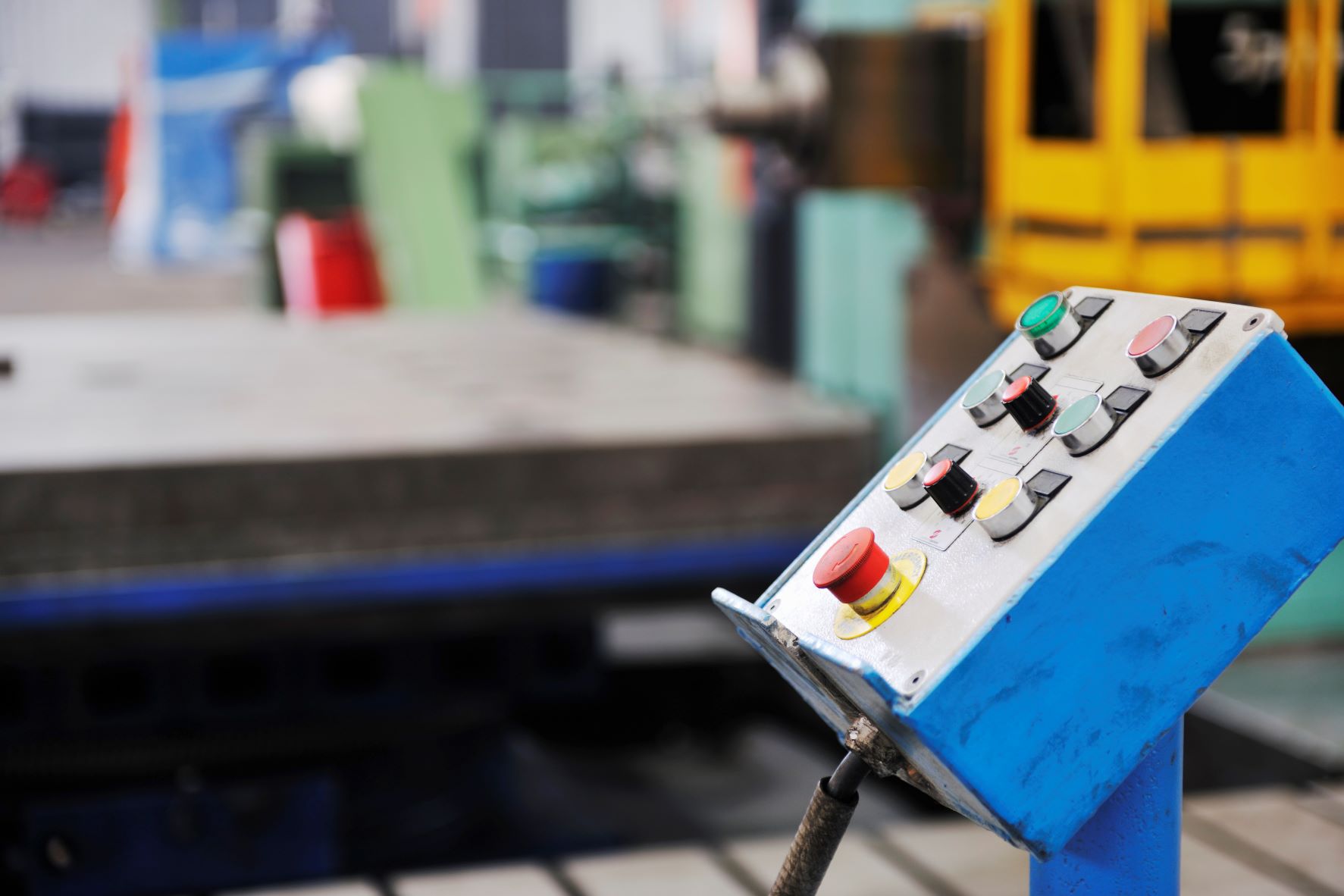America’s manufacturing sector opens its doors to celebrate Manufacturing Day on the first Friday of October, falling on Oct. 7 this year. For the rest of the month, ISRI is spotlighting how recyclers contribute to manufacturing’s success by supplying high-quality materials, benefiting supply chains, the environment, and the economy.
In a world where manufacturing is not tied to a particular geography, ISRI members regularly operate across borders. The electronics recycling sector provides a window into recycling as a whole. Just as technology and consumer electronics companies constantly innovate to stay relevant, recyclers revolutionize to better supply materials and to ensure recycled content goes into new products.
Mixed plastics recycler BoMET Polymer Solutions sources materials from electronics recycling firms for the company’s Brantford, Ontario, processing facility, where it produces pellets and regrind for sale to manufacturers. BoMET, which also operates an e-cycling facility in Albion, N.Y., uses float-sink tanks to sort e-plastics, as well as an electrostatic separation line, an optical sorter, and pelletizing lines.
CEO Zhan “Bo” Zhang describes the company’s process as a successful technology that came from Asia and is considered mature there but is not widely used in North America. BoMET supplies postconsumer recycled (PCR) ABS and high-impact polystyrene polymers (HIPS).
“Recycling is supposed to be simple and local: We want to recycle all the [material] domestically, locally, and then turn around and make the finished products domestically, locally,” Zhang says. That helps manufacturers and brand owners meet their sustainability goals.
Among other efforts at materials regulation, the Basel Convention, China’s National Sword, and the EU’s directive on electrical and electronic equipment have spurred North American recyclers to find domestic markets and manufacturing partners.
Megan Tabb, compliance director at Synergy Electronics Recycling, estimates that around 50-60% of household and information technology appliances are now plastic. “Electronics are becoming heavier and heavier in plastic components,” Tabb says, “We want to have a solution for that material that brings us the most value that it can.”
Since 2020, Madison, N.C-based Synergy has a partnership with nearby RePolyTex®, whose fusion encapsulation process results in 4-by-8-foot sheets of what the manufacturer calls “plastic plywood” for construction applications.
“We could use [for feedstock] domestic packaging, numbers 3-7, which are difficult materials to recycle. It’s just that my partners at Synergy produce a particularly good quality mixed polymer,” says Lee Clayton, RePolyTex chief technology officer.
As a membership association, ISRI continues bringing the complete recycling infrastructure together. An example is the Brands Leadership Council, where brands can connect with recyclers across commodities to solve issues and identify opportunities around circularity, sustainability, and design. Council members are working with recyclers on projects like Design for Recycling® and the Recyclability Protocol to develop solutions for true circularity.
BoMET’s leadership agrees that higher PCR content and recycling friendly design are high on recyclers’ wish lists. “I think a lot of innovation will be needed and we will be really happy to be involved,” Managing Director Mei Zhao says.
Photo courtesy of Storyblocks.










